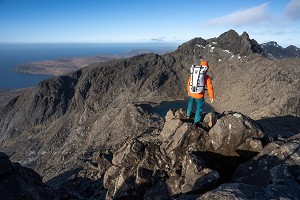
Berghaus has launched a new generation of Freeflow daysacks, using 3D technology to deliver innovation in packs. Introduced in 1996, the first Berghaus Freeflow was an early pioneer in the ventilated pack category and established itself as a firm favourite with hikers. Over the next two decades, the concept went through several updates and upgrades, and the packs remained very popular. Berghaus has used the last few years to design, develop and test the next generation of Freeflows, which retun for 2024, with a fresh approach to a ventilated back system. The new Freeflow has been engineered to deliver genuine evolution in frame design, suspending the pack away from the back without compromising on stability or packing space.
Conventional ventilated packs, such as those with mesh back systems (like the original Freeflow) often make compromises in stability, storage space, and ease of packing. In contrast, contact back systems offer only limited air circulation and poorer moisture management. The new 3D Freeflow technology sets out to provide the advantages of both mesh back and contact back systems, while minimizing the respective disadvantages. This is possible thanks to a flexible, ergonomic frame design with an innovative perforation pattern for improved airflow, made out of bluesign approved recyclable polypropylene. In addition, 3D-printed spacer pads in the lumbar area and a seamlessly stretched mesh back ensure maximum comfort.
The key advantage is that the system provides a consistent air gap of two to four centimetres along the entire length of the back, while keeping the load close to the body, improving stability and carry comfort. The new Freeflow was tested in the Berghaus in-house laboratory, by an independent university, and on the hill, and the data collected demonstrate that the system performed extremely well in delivering the balance that other products cannot.
Built for long, strenuous and sweaty hikes, there are three unisex Freeflows in the 2024 Berghaus range, with different volumes and feature sets – the 3D Freeflow 30+5L, the Freeflow 30L and the Freeflow 24. The largest pack is available in two back lengths and the two larger packs also have adjustable fit, so they can be adapted to the wearer's shape and size.
3D Freeflow 30+5L (suggested retail price – SRP - £180)
The 3D Freeflow 30+5L is the flagship product in the range and is the model that features the 3D-printed lumbar pad, optimising ventilation, while also providing better stability, weight distribution and access to the kit inside. The standard volume of 30 litres can be expanded by an additional five litres, allowing plenty of room for equipment and provisions during a long day hike, or even an overnight trip.
Features include:
- Volume expansion zip and volume compression system to pack more in
- One top zipped pocket, a large front stash pocket, two deep side pockets
- Two hip belt pockets and two stretch mesh front harness pocket (one zipped)
- Perforated foam shoulder pads and sternum strap with whistle
- Three-way zip entry to the main compartment.
- Buckle closure with rain cover
- Walking pole holders
- Gear loops for extra kit
- Reflective detailing for improved visibility at night.
- Hydration system compatibility.
Like all models in the Freeflow series, the bag is made out of 100% recycled nylon and has a PFC-free PU membrane to protect against rain and snow. The 3D Freeflow 30+5L weighs 1,410g and the 3D Freeflow 30+5L S weighs 1,340g. Already an ISPO Award winner, the pack has also been confirmed as a finalist in the 2023 UK Outdoor Industry Awards.
The Freeflow 30L (£160 and 1,490g) features a classic buckle entry to the main compartment, while the Freeflow 24L (£150 and 1,280g) has a two-way 'clamshell' opening for easy access to kit. All of the new Freeflow packs are available now from selected specialist outdoor retailers and www.berghaus.com.

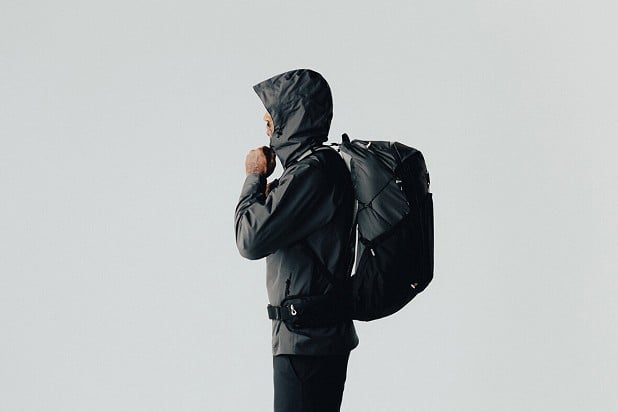
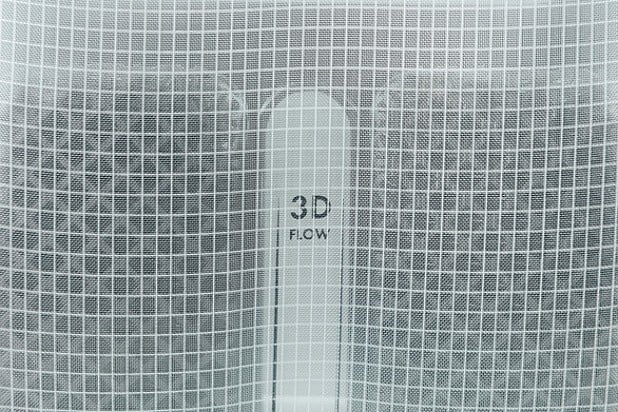
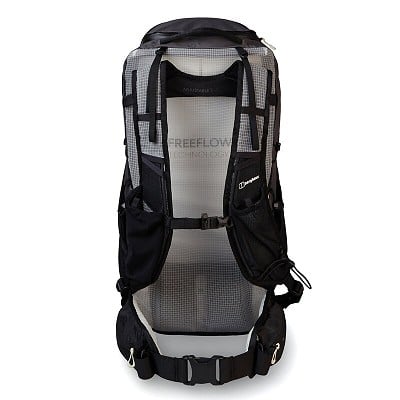
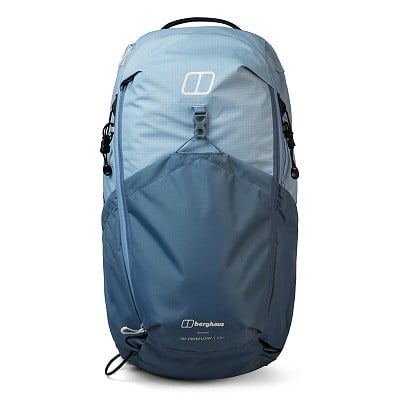
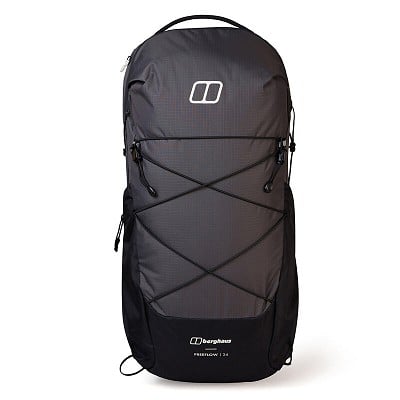
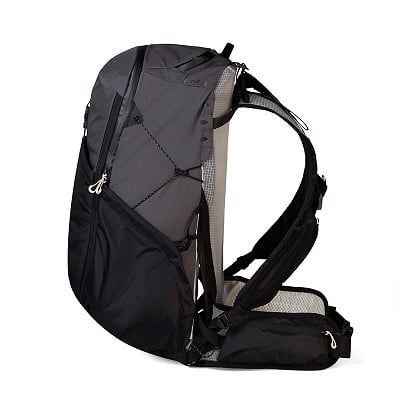
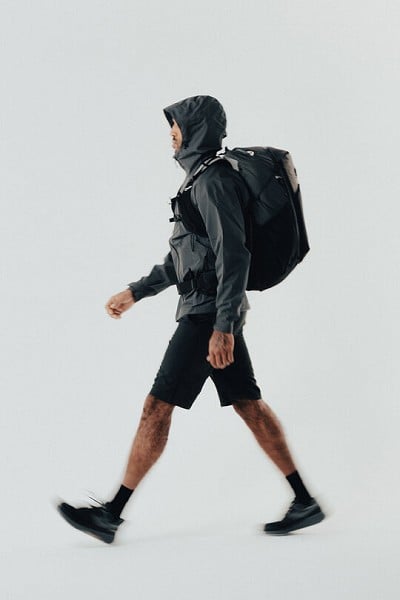

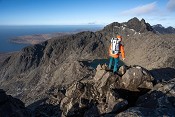
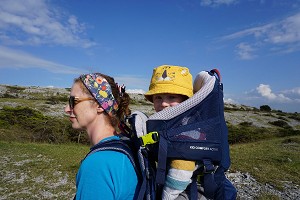
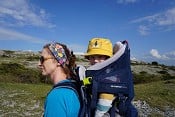
Comments